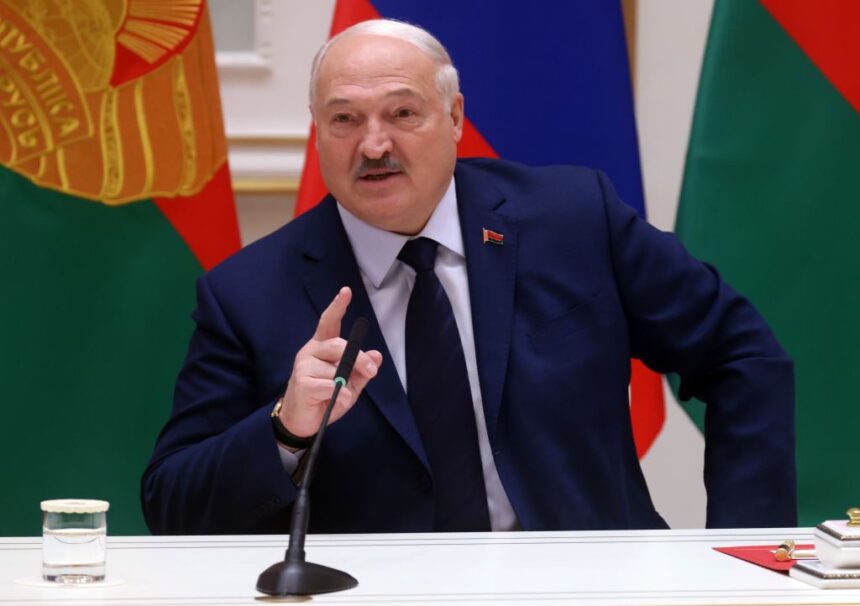Belarus President Aleksandr Lukashenko has called on regulators to finalize long-overdue rules governing cryptocurrencies and digital tokens. His remarks, reported by state news agency BelTA, highlighted concerns that instructions issued earlier this year to create comprehensive regulations have yet to yield any approved documents. Lukashenko emphasized the necessity for “transparent rules of the game” alongside new oversight mechanisms, arguing that Belarus must keep pace with global cryptocurrency adoption while ensuring investor protection and maintaining financial stability.
According to a report from the State Control Committee, an inspection of local cryptocurrency platforms revealed significant violations related to transaction records. Lukashenko noted that approximately half of the funds transferred abroad by Belarusian investors have not returned, labeling this situation as unacceptable. He implied that these circumstances arose for investors using foreign crypto platforms, which often resulted in their inability to withdraw funds back into Belarus due to regulatory gaps or platform failures.
Moreover, Lukashenko pointed out the swift advancement of technology compared to legislative processes, indicating a need for new legal frameworks. He tasked regulators and the Hi-Tech Park, a designated economic zone managing much of the country’s digital economy, with clarifying their responsibilities and leveraging their expertise to draft rules that would reassure both domestic and international businesses.
This recent statement follows previous discussions from earlier in the year where Lukashenko contemplated the potential to harness Belarus’ surplus electricity for cryptocurrency mining. He remarked on the increasing interest in digital asset mining and how profitability could influence the country’s strategy. He also referenced developments in the United States, where the concept of a strategic crypto reserve was under consideration.
Lukashenko’s remarks echo similar initiatives seen in other nations. Bhutan, for instance, has developed over 100 megawatts of bitcoin mining capacity with plans for more, while El Salvador has promoted geothermal-powered mining after adopting bitcoin as legal tender. If granted regulatory approval, Belarus may pursue a similar model, capitalizing on its energy surplus.
Belarus has positioned itself as a pioneer in the cryptocurrency space, particularly with the implementation of Decree No. 8 “On the Development of the Digital Economy,” enacted on December 21, 2017. This decree established a framework for digital assets under the Hi-Tech Park umbrella, aimed at attracting foreign blockchain startups. The decree extended the preferential treatment for IT companies in the economic zone until January 1, 2049, enabling them to operate in various advanced fields such as artificial intelligence and esports.
The legislation also recognized digital tokens within Belarusian law, creating a legal basis for their issuance, circulation, and exchange, an area that previously lacked regulation. It made crypto mining and token sales legal for Hi-Tech Park residents and granted tax exemptions on digital asset transactions for companies and individuals within the zone, laying the groundwork for one of the earliest state-backed frameworks for cryptocurrencies and blockchain services.
Despite these advancements, ambiguities remain in the regulatory landscape, and Lukashenko’s latest comments underscore a growing impatience to align the country’s regulatory framework with its technological capabilities. This urgency signals Belarus’s intent to solidify its place in the rapidly evolving digital economy while safeguarding the interests of its investors.







